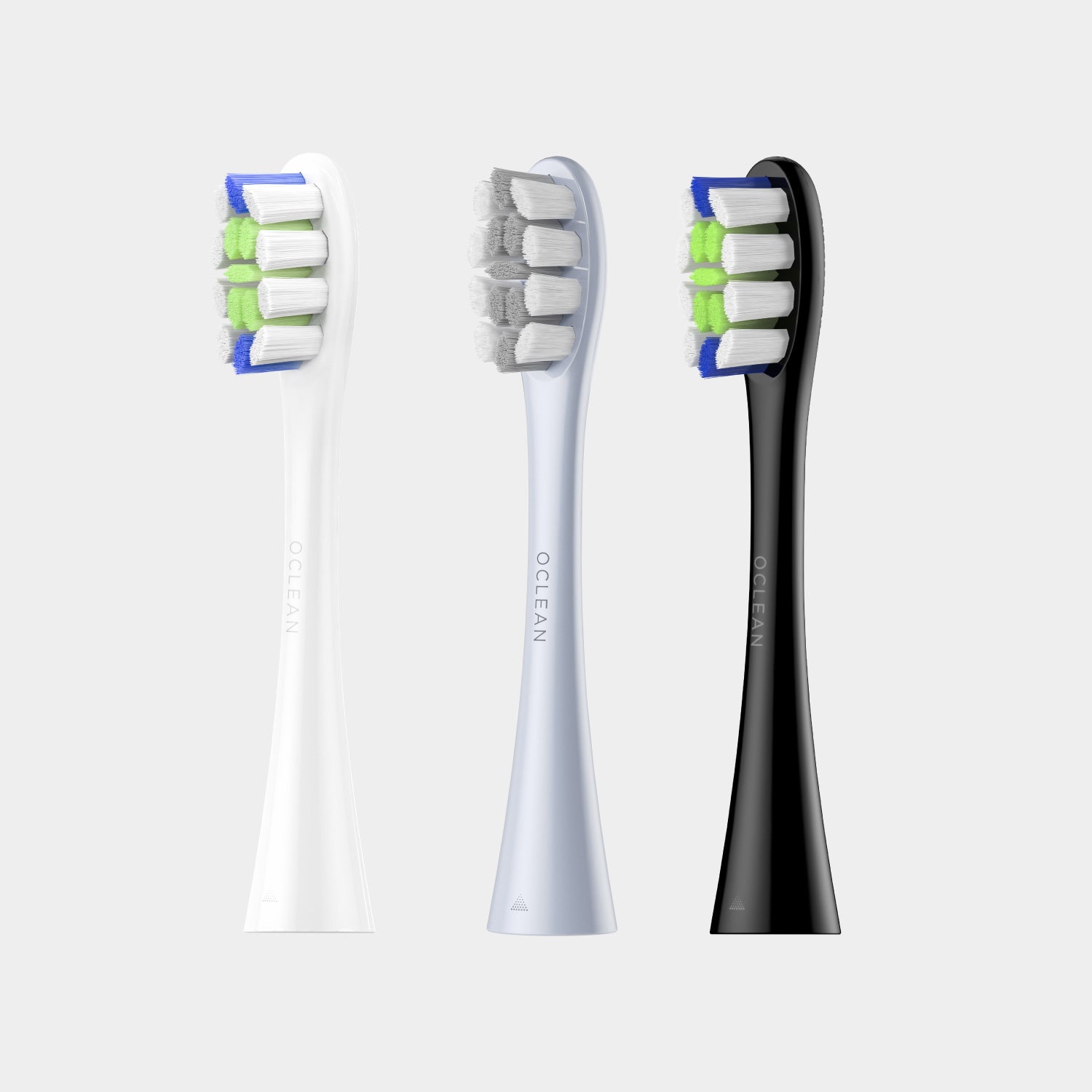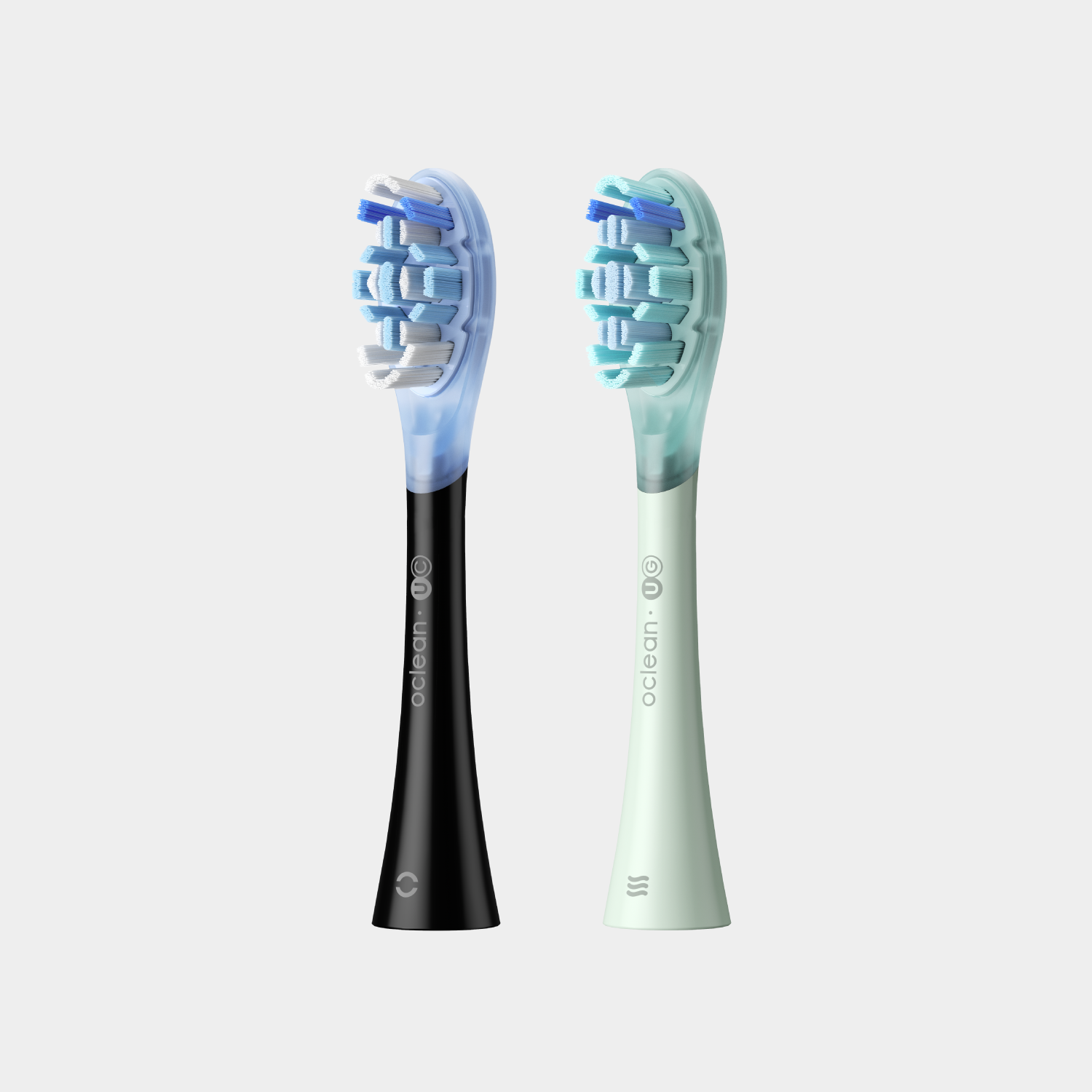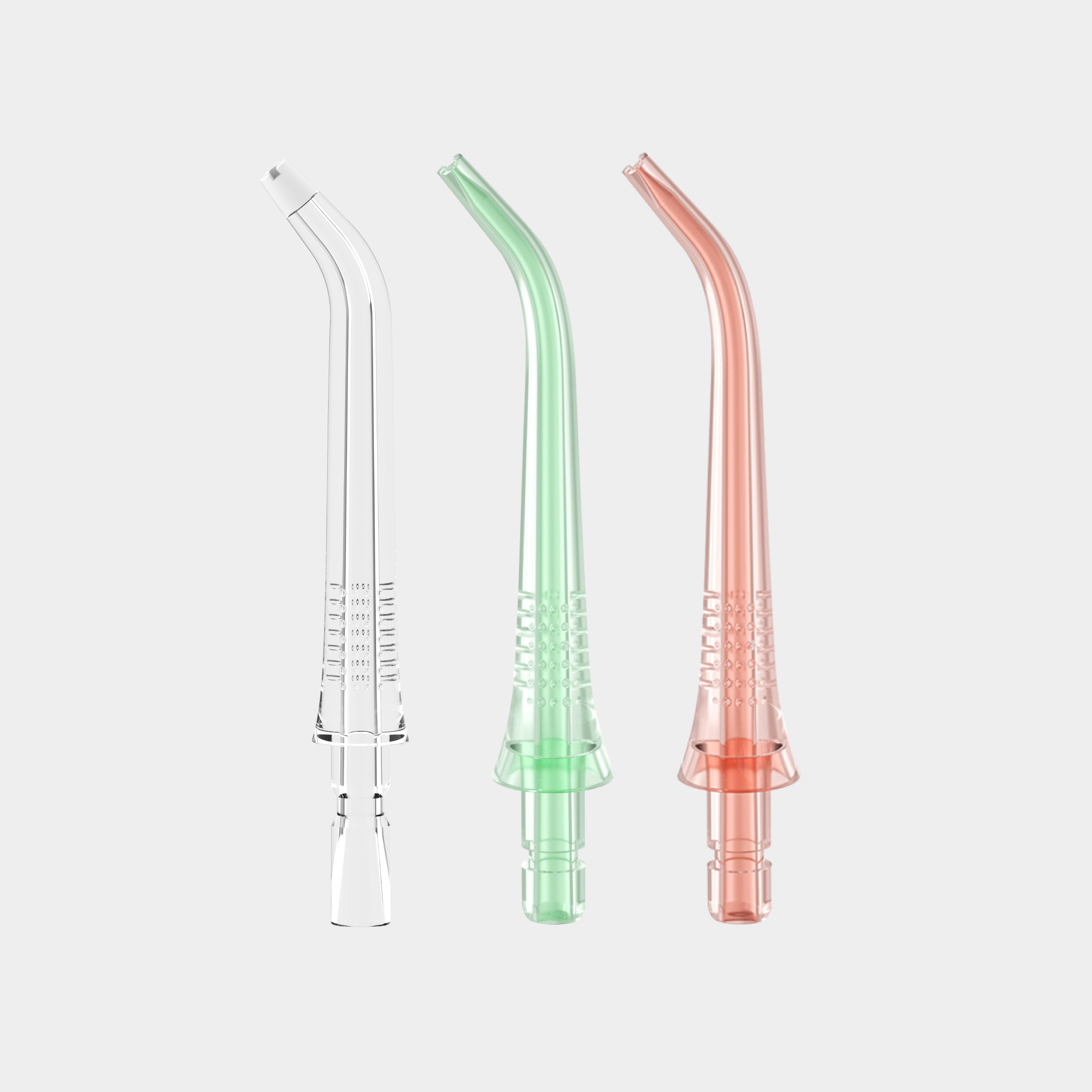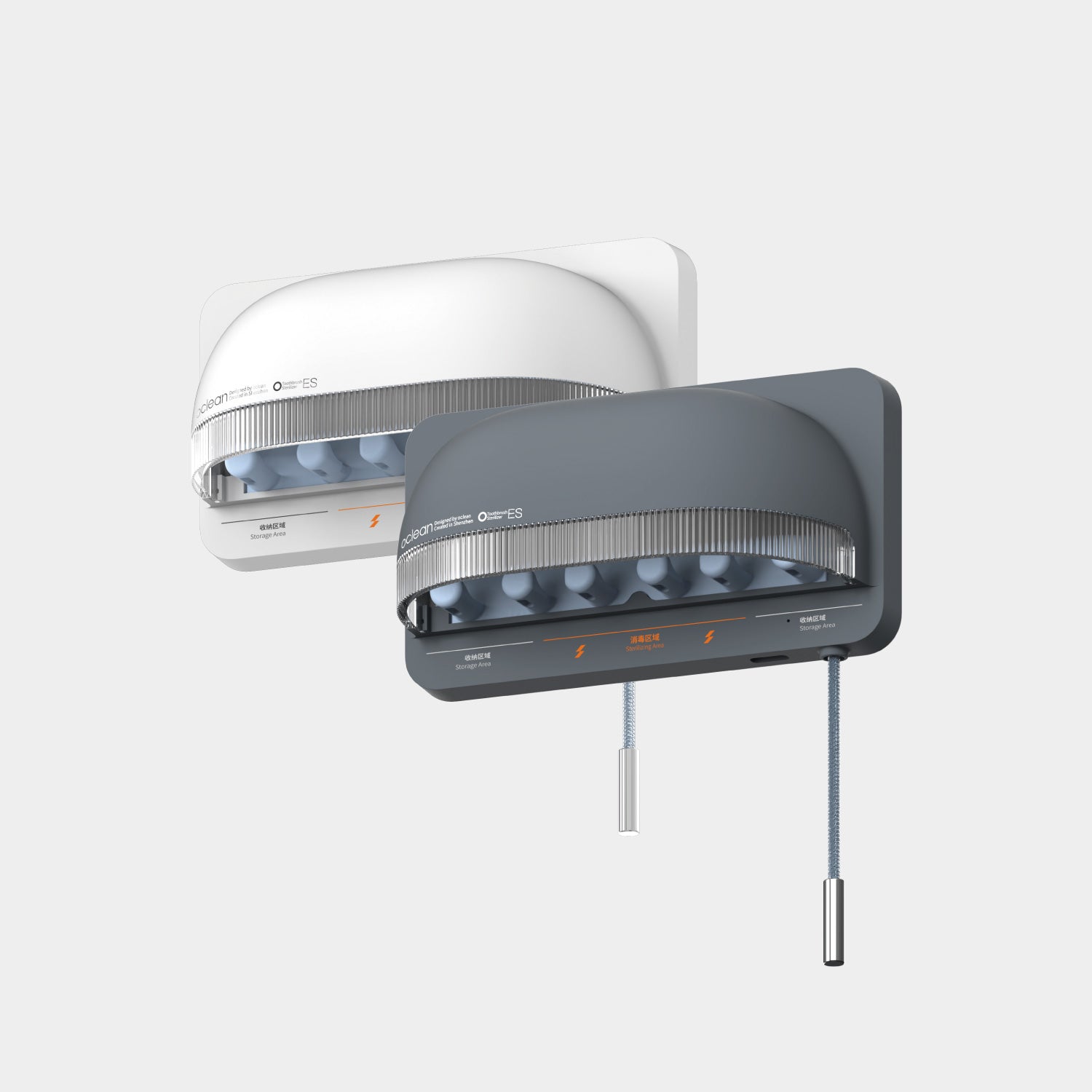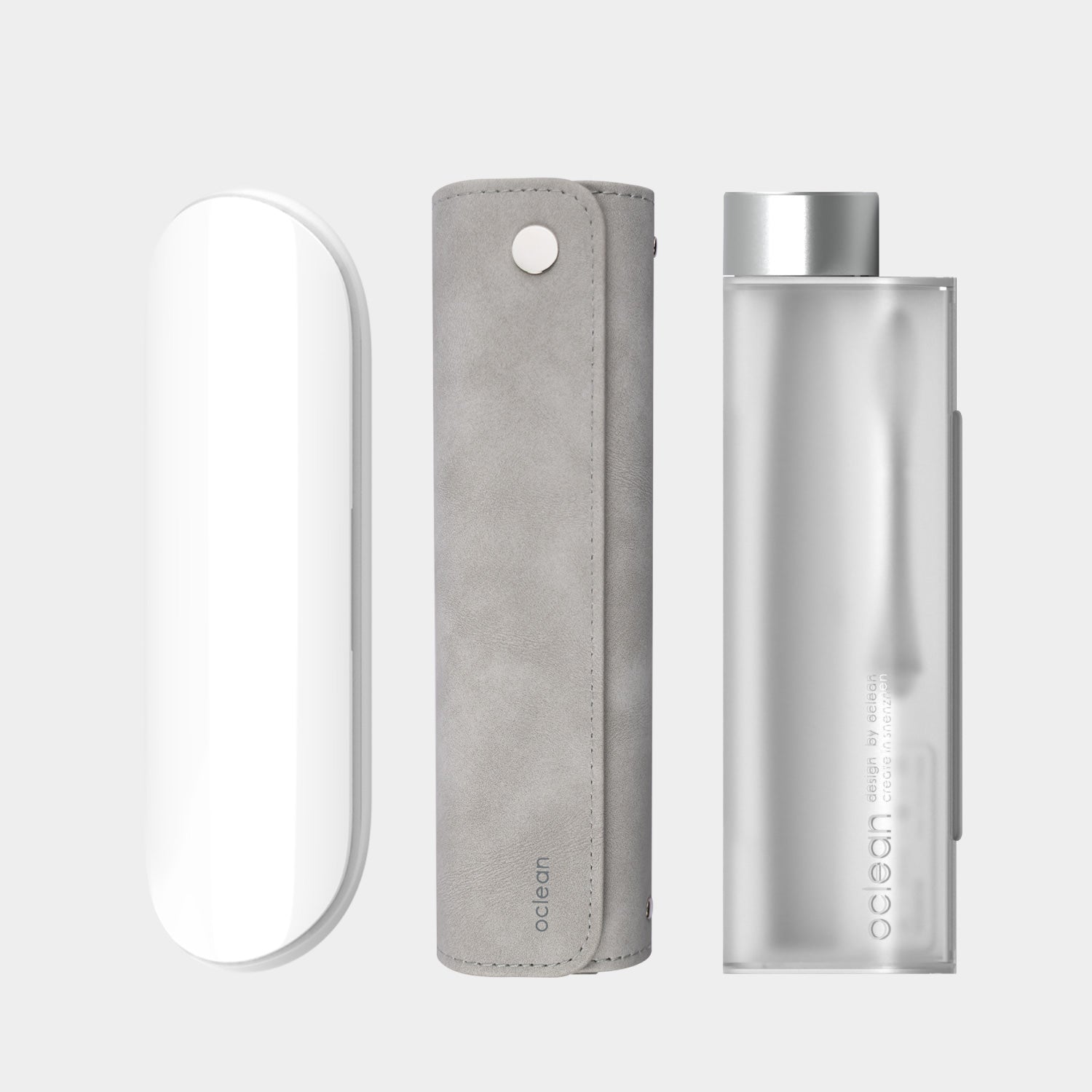Brushing your teeth alone is not enough to ensure good oral health. Flossing and other auxiliary methods are as important and necessary to maintain a healthy smile.
However, with the vast amount of dental care products available, such as electric toothbrushes, water flossers, and fluoride toothpaste, is mouthwash necessary?
While mouthwash can't replace brushing and flossing, it is still a great complement to your oral care routine. It can improve your oral health and help protect your teeth. However, there are a few things to consider.
In this article, we'll discuss if mouthwash is truly necessary to achieve good oral health.
Is mouthwash good for you?
Most mouthwashes contain active ingredients that help you maintain your mouth healthy. They often possess fluoride in their formula to help strengthen your teeth and prevent cavities.
Furthermore, some mouthwashes are designed with specific active ingredients to provide different therapeutic effects, such as helping treat gum disease.
However, they are not capable of replacing brushing and flossing. Therefore, mouthwashes can only serve as a complement to your oral care routine.
A good brushing and flossing technique is often enough to maintain good oral health. Therefore, using mouthwash might not be completely necessary. Nonetheless, dentists highly encourage and recommend adding mouthwash to your oral care routine to obtain its multiple benefits. Moreover, on some occasions, they even recommend specific types of mouthwash as part of a treatment.

Why do dentists say not to use mouthwash?
Although mouthwash offers many benefits, most of them contain alcohol. This is responsible for some undesired side effects, such as the tingling sensation and dry mouth.
For this reason, some dentists nowadays recommend avoiding using conventional mouthwash and replacing them with alcohol-free alternatives.
Contrary to popular belief, alcohol in mouthwash is not used as an antiseptic agent. The alcohol concentration they possess is not enough to kill bacteria. The real reason for alcohol is to work as a carrier and preservative for the active ingredients.
However, this can affect saliva production and cause dry mouth in some cases. If this happens, your teeth are more susceptible to cavities. Saliva helps regulate your mouth's pH and provides your teeth with minerals to keep them strong.
Furthermore, alcohol-based mouthwashes can cause or worsen canker sores.
Therefore, dentists recommend using alcohol-free mouthwashes instead of alcohol-based ones.
Is it good to use mouthwash every day?
Integrating alcohol-free mouthwash once a day can be highly beneficial for your oral health. It can help you maintain your teeth strong and prevent bad breath.
However, just as with any other product, using it in excess could be potentially harmful. Make sure to follow the package instructions or use it as prescribed by your dentist to achieve good oral health.
You can also use an electric toothbrush to further improve your oral health. The Oclean X10 Smart Electric Toothbrush has 5 brushing modes and can perform up to 80,000 vibrations per minute. This allows you to clean your teeth thoroughly.
Brushing with a high-quality electric toothbrush before rinsing with mouthwash can ensure that you maintain a healthy smile.
The takeaway
Mouthwashes are not essential to achieve good oral health. However, they serve as a great complement to your oral care routine and can improve your oral health.
Nonetheless, it is advised to use alcohol-free mouthwashes to avoid the undesired side effects that alcohol-based mouthwashes could cause.
*Cover image from Freepik@atlascompany and @studiogstock, we will delete it if constitutes infringement *






















































